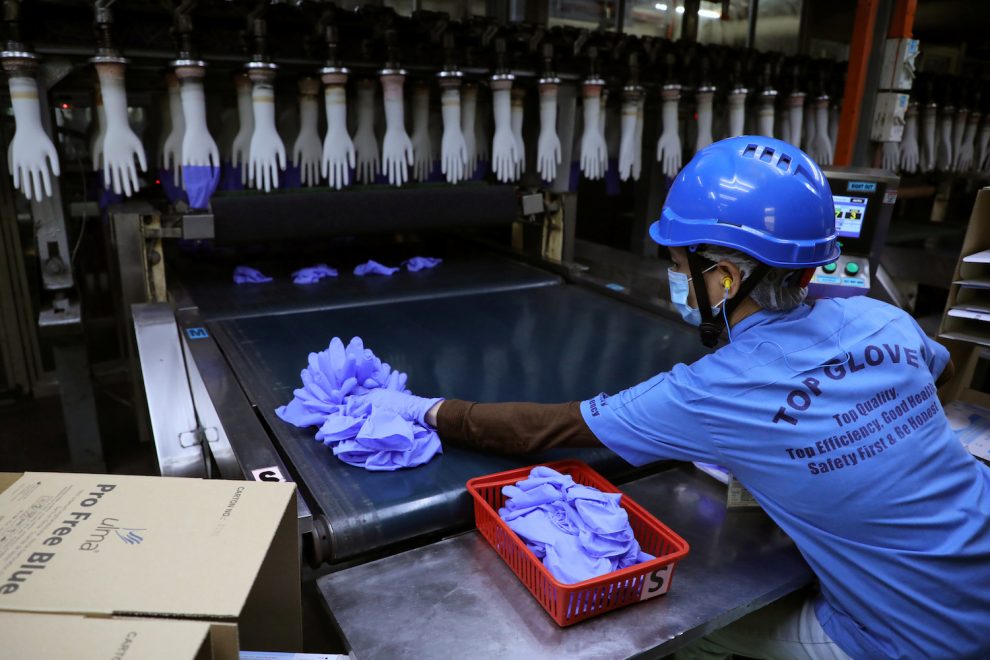Most Australian companies with known supply-chain links to forced labour are not meeting their basic reporting obligations, according to a report released on Thursday.
An investigation led by the Human Rights Law Centre (HRLC) found that most companies “demonstrate superficial and incomplete compliance” with the reporting requirements of Australia’s Modern Slavery Act 2018.
Companies are failing to identify or disclose obvious modern slavery risks and addressed just 59% of the mandatory criteria on average, the South Melbourne-based HRLC found.
Only 23% fully address the mandated reporting requirements, while areas such as risk assessment, remediation, measuring
effectiveness and consultation in particular were poorly handled.
More than half of the companies reviewed failed to identify and disclose risks in their operations and supply chains, despite sourcing from sectors that have been repeatedly identified in public reports as having systemic abuses, the report said.
For example, three in four garment companies sourcing from China fail to mention risks of Uyghur forced labour in their supply chains.
Gloves from Malaysia
More than half of healthcare companies sourcing personal protective equipment (PPE) gloves from Malaysia fail to identify modern slavery risks in that industry, “despite obvious increased risks posed by the Covid-19 pandemic”.
Just under one in two food companies identify sourcing horticultural produce in Australia as high-risk for modern slavery practices, the report noted, while two in five seafood companies fail to identify high risks in their supply chain.
HRLC, RMIT University and the University of Notre Dame looked at the disclosure statements of 102 Australian healthcare, clothing, horticulture, and seafood companies.
Under Australia’s act, businesses with consolidated revenue of at least A$100 million ($72 million) must publish an annual statement outlining any potential links to forced labour in their supply chains and what they are doing to avoid them.
“Over half of the companies that we reviewed failed to disclose obvious modern slavery risks in their high-risk supply chains,” Freya Dinshaw, a senior lawyer at the Human Rights Law Centre, said.
- George Russell
READ MORE:
US Imposes 7th Ban on Malaysian Glovemakers over Forced Labour
Chinese Fashion Retailer Shein Accused Over Factory Certification Claims
China Slams Walmart And Sam’s Club Over Xinjiang Products
























